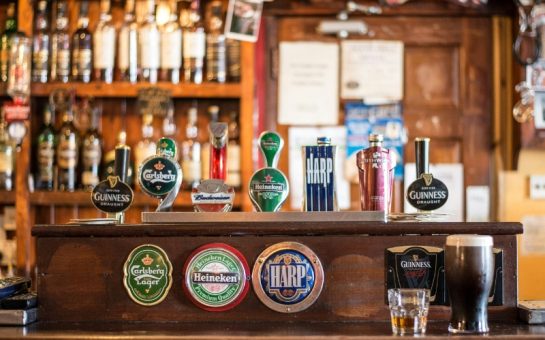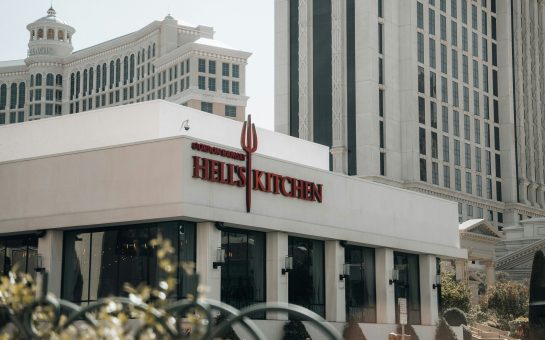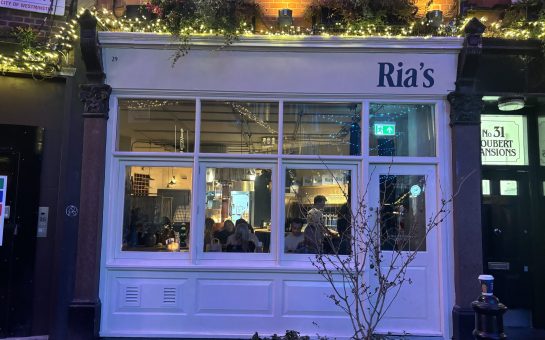A Brixton-based entrepreneur is warning that this year’s Budget could threaten the humble greasy spoon.
George Osborne’s budget promised a climb in the living wage for those over 25 up to a minimum of £9 an hour by 2020.
But Dirk Bischof, Founder of One Planet Ventures and HATCH incubator, said the swelling running costs of culinary start-ups such as greasy spoons could be too much.
“Running a ‘greasy spoon’-type cafe may be a thing of the past as the prices charged for food – including cost of labour – may not make it profitable unless it’s in the best of locations with great marketing.”
He predicted a grim aftereffect of minimum wage increases and implementation of the National Living Wage.
“It increases set-up costs and margins are worse,” he explained. “This could mean start-ups take longer to reach profitability.”
In the USA Seattle’s $15 minimum wage claimed its first casualty even before it was implemented.
In February this year, the outdoor recreational gear manufacturing company Cascade Designs announced it would move 100 jobs – a fifth of its workforce – to a new plant in Reno, Nevada.
In response to the minimum wage hike from $9 to $12.25 in Oakland, California, in March this year some restaurants raised their food prices by up to 20% and made service charges mandatory.
Professor Robert Blackburn, Kingston Business School, Director of the small business research centre, said that established cafés with small profit margins are most at risk.
He said: “For firms already struggling, this increase in the national minimum wage may be the final straw that pushes them over the edge.”
But he suggested start-up greasy spoons would be protected. “I think it’s easier for start-up greasy spoons – they won’t have known anything else,” he said.
“If we sat down to write a business plan, we would factor that in.”
Jerry Irving, chief executive of the Kingston Chamber of Commerce, said the impact of the budget would be small but food retailers would still feel it.
“The increase in the personal allowance gives people more money in their pockets to spend with the retail sector.
“Halting the rate of duty on petrol will help and the cost of supply won’t increase, which will help purchasing,” he said.
“For independent retailers, like food, things will still be pretty tough.”
While acknowledging the National Living Wage change would have some effect, Mr Irving said other factors are more important.
He said: “Greasy spoons have been around since after the war. They satisfy a particular clientele.
“When builders do badly, they will do badly. When building does well, they will too, if it’s the right location.”
Professor Blackburn agreed that location is critical. “Firms in South West London might be able to cope, while those in poorer parts of the UK such as the North and Wales, where average wage rates are lower, may struggle,” he said.
The opinion from a well-placed cafe, however, suggests that location and starting-up are not the only influences.
Maxine Cooper, manager of the Polka cafe, an independent franchise cafe in South West London, said the rise in the minimum wage would obviously affect her.
“I might not be here by 2020,” she said. “We’re only a small business and we’re based in Wimbledon and have rent to pay.”
Mr Bischof pointed out that over recent years food service jobs have suffered fierce competition.
“Many of these industries are already under siege,” he said. “Fast-food chains now have to sell more expensive foods to those sections of society who eat it most.”
Mr Irving agreed some businesses will increase prices but didn’t foresee disaster striking.
“The minimum wage policy is probably the correct policy. It will bring them in line with other small businesses,” he said.
“Some will increase their food price, especially if they’re only marginally profitable now. It’s the only way to recoup, a small inflationary effect.”
Professor Blackburn said others may alter the age make-up of their staff.
He said: “A lot employ older workers, for example part-time staff in their 50s. They may not want to employ these anymore because they’re expensive.”
Mr Bischof said the rising price of man-hours could spell good news for under 25s, as their chances of finding employment inside start-ups will improve.
It will also force more start-ups to turn to automation, such as self-checkouts, he said.
A report from accountancy firm Deloitte and Oxford University said last year that computers and robots could erase 10million – that is, one in three – British jobs in the next 20 years.
The London-focused study suggested low-earning jobs are most vulnerable.
Kingston Council emphasised its support for local businesses and start-ups.
A Kingston Council spokesman said: “We recognise that encouraging and supporting start-ups is key to a thriving local economy.
“The borough is a hotbed for start-ups, with Kingston University producing more graduate start-up companies than any other higher education institution in the UK.”




